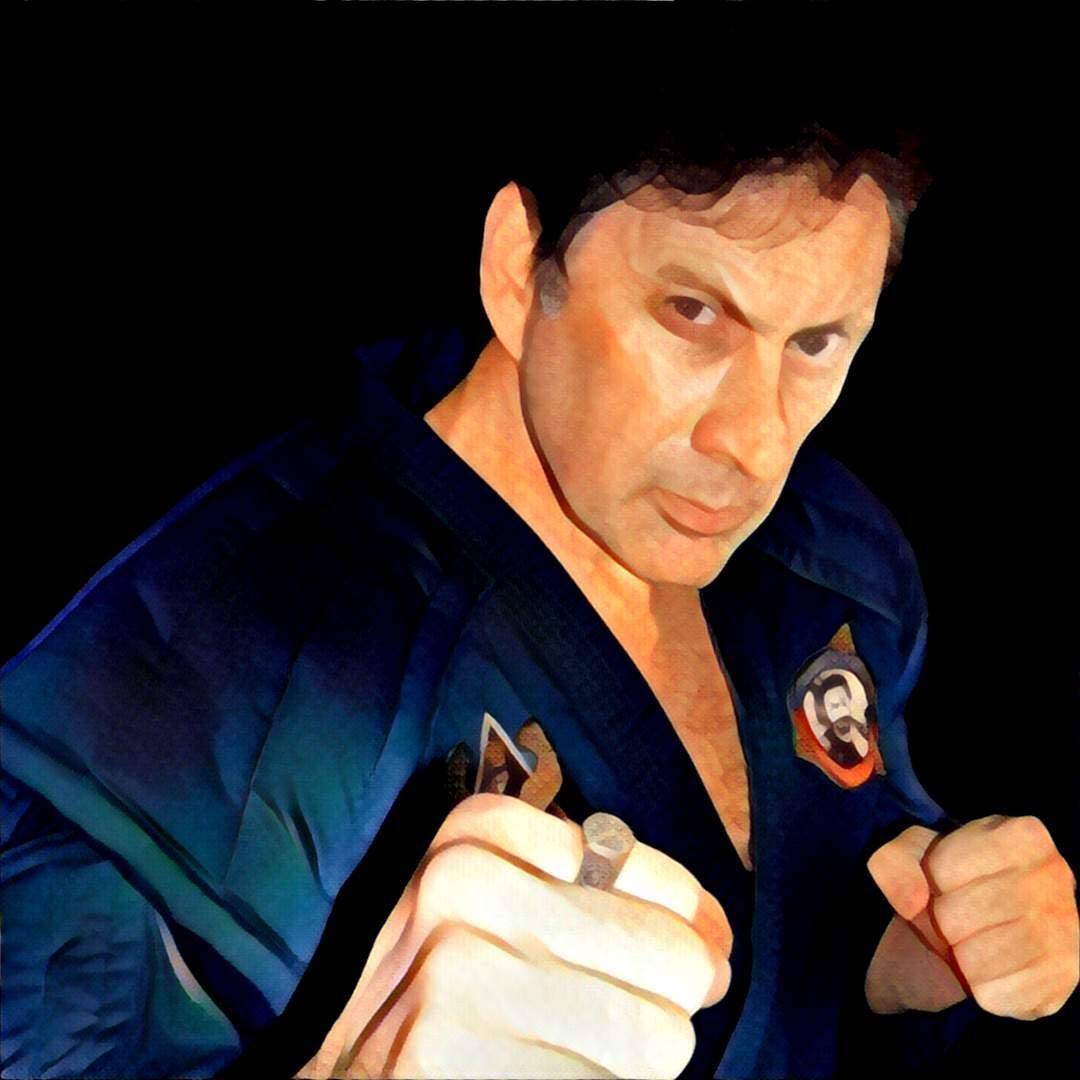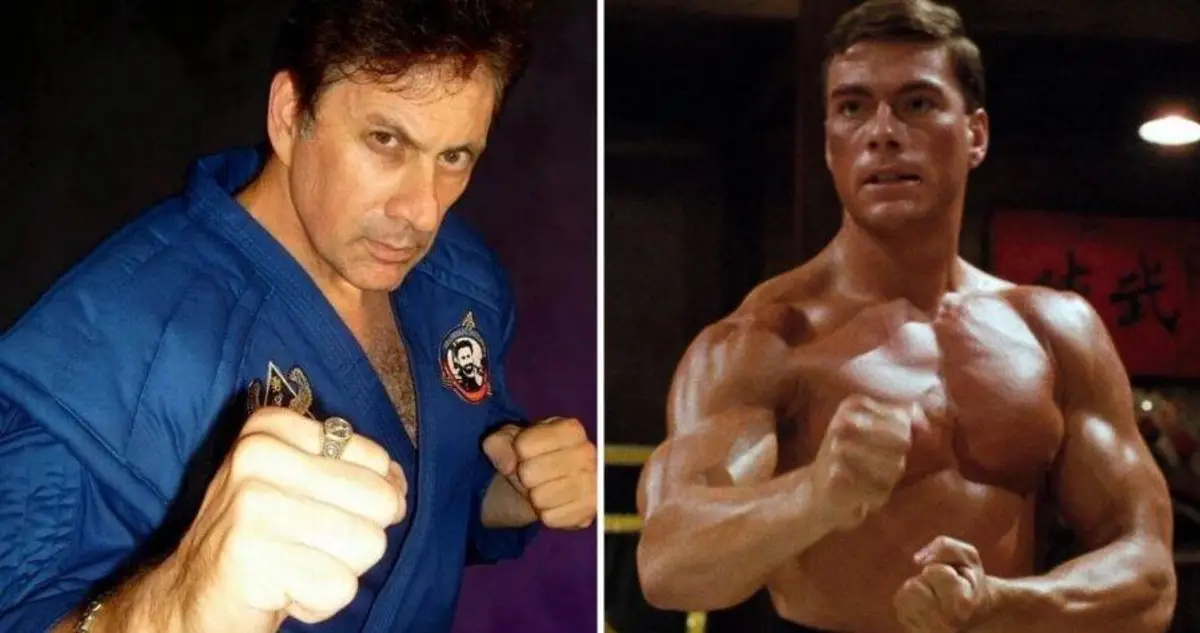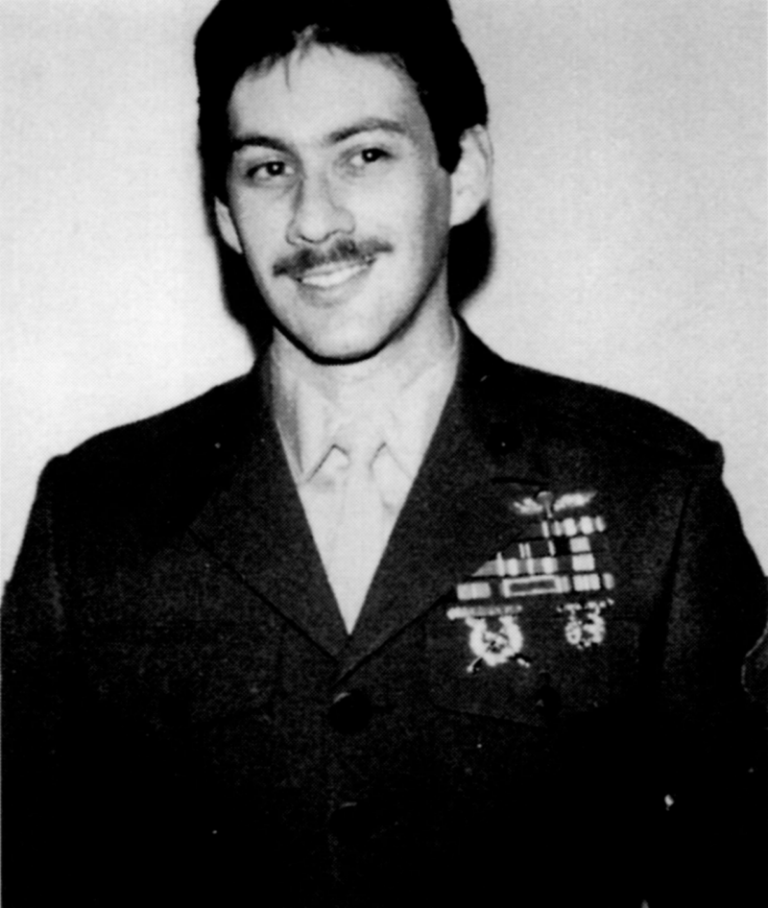Is Frank Dux a martial arts icon, or is his legend built on a foundation of fabricated claims? The life of Frank Dux, a figure synonymous with martial arts, is a complex tapestry woven with threads of extraordinary achievement and persistent controversy, a narrative that continues to captivate and divide.
From the outset, the story of Frank Dux, a man who claimed to have mastered the esoteric arts of Ninjutsu and triumphed in the brutal underground fighting circuit known as the Kumite, has been shrouded in both admiration and skepticism. His narrative, popularized in the 1988 film "Bloodsport," offered a glimpse into a world of clandestine combat, exotic fighting styles, and the indomitable spirit of a true martial artist. However, as the publics fascination with Dux grew, so did the scrutiny of his claims, leading to a prolonged debate about the veracity of his experiences.
Born on April 6, 1956, in Toronto, Canada, Frank William Dux's path would eventually lead him to California at the age of seven. It was in this new environment that he would allegedly begin his journey into the world of martial arts, a journey that would be profoundly shaped by a clandestine encounter with a master of the Koga Yamabushi school of Ninjutsu, Senzo Tanaka. Dux asserted that Tanaka meticulously guided him through the rigorous disciplines of Ninjutsu, imbuing him with the skills and philosophy necessary to excel in the art of combat. His training, as Dux recounted, went beyond mere physical prowess; it encompassed a deep understanding of strategy, mental fortitude, and the subtle art of deception, the essence of Ninjutsu.
- Unlock Ai Nudifier Magic Upload Undress Amaze Free Tools
- Salt Trick For Erections More Does It Really Work
The narrative surrounding Dux, often referred to as the founder of Dux Ryu Ninjutsu, paints a picture of a man who was more than just a martial artist. He purportedly participated in covert operations for the CIA, accumulated numerous accolades, and, most notably, claimed victory in the infamous Kumite, an underground fighting tournament where the world's most skilled fighters clashed in a brutal display of martial prowess. This narrative, however, has been fiercely contested over the years, particularly after the premiere of "Bloodsport."
A pivotal moment in the dissection of Dux's narrative came in 1988 when the Los Angeles Times published an exposé penned by John Johnson. This investigation cast a critical eye on Duxs claims, challenging the authenticity of his military service and his purported involvement in the Kumite. Military records were scrutinized, and the results were damning, showing no evidence of his overseas service or any recognition for his supposed achievements. Furthermore, the investigation shed light on his 1978 psychiatric evaluation, raising further questions about the stability of his assertions.
The story of Frank Dux, however, also contains elements of genuine influence and inspiration. It is the story of a martial artist who, whether his feats are factual or embellished, has left an indelible mark on the combat sports world. He is a stunt choreographer, an author, and a teacher, a figure who, despite the controversy, has captivated and engaged many. The Dux Ryu systems, as he calls them, and the teachings of Dux Ryu Ninjutsu have drawn students eager to delve into the martial arts philosophies that Dux promoted. San Jose Gasshuku in 2001 witnessed the culmination of Dux's training. It is through such activities that Dux continues to influence the martial arts community.
- Blue Salt Trick For Ed Does It Really Work
- Deuce Tatum Everything You Need To Know About Jayson Tatums Son
The true story behind the legend is complex. Frank Dux's claims, like those of any individual surrounded by controversy, continue to spark intense debate and offer lessons in the nature of memory, narrative, and self-creation.
The following table provides a concise overview of Frank Duxs biography, career, and the controversies that surround his claims:
| Category | Details |
|---|---|
| Full Name | Frank William Dux |
| Date of Birth | April 6, 1956 |
| Place of Birth | Toronto, Canada |
| Nationality | Canadian-American |
| Martial Arts Training | Koga Yamabushi Ninjutsu (alleged training under Senzo Tanaka), Dux Ryu |
| Claimed Achievements | Winner of the Kumite, CIA operative, Military service (claims disputed) |
| Associated Film | Bloodsport (inspired by his alleged life) |
| Career | Martial artist, stunt choreographer, author |
| School Founded | Dux Ryu Ninjutsu |
| Controversies | Disputed military records, questioned Kumite participation, allegations of misrepresentation |
| Notable Publications | Author of books on martial arts and self-defense. |
| Main Claims | Victory in the Kumite, covert operations, mastery of Dux Ryu Ninjutsu. |
| Significant Challenges | Lack of credible evidence to back many of his claims, as detailed in the Los Angeles Times investigation. |
| Impact | Influenced martial arts culture and served as inspiration for "Bloodsport." |
| Additional Information | Wikipedia |
The Dux Ryu style is described as a blend of Yoga principles and boxing techniques, a claim he asserts, is rooted in the teachings of Senzo Tanaka. Whether the style truly originates from a lineage of Koryu, or feudal Ninjutsu, remains a matter of debate. Dux is a figure who claimed, based on his training under Tanaka, to be a trained ninja. The film "Bloodsport" portrayed a dramatic representation of his life, further fueling the mystique around his persona.
The journey of Frank Dux is also a study in the art of self-promotion and the power of storytelling. His ability to weave a narrative that captivated audiences, even amidst the controversy, speaks to a certain charismatic skill. He is described as a martial arts expert, a stunt choreographer, and an author, who continues to command respect from his students and followers in San Jose and around the world. The term "ninja" is often associated with Dux. He is also a master of the martial art of hand-to-hand combat.
His influence extends beyond the realm of martial arts. Sheldon Lettich, a screenwriter, was introduced to Dux. Dux recounted his participation in the Kumite to Lettich. Lettich, subsequently, was inspired to write a screenplay. That screenplay, "Bloodsport," brought the world of underground martial arts tournaments to a mass audience. His style, "Dux Ryu Ninjutsu," served as a school for martial arts enthusiasts.
Nevertheless, the narrative is not without its critics. There are authors, magazines, and military records that challenge the authenticity of his experiences. The Los Angeles Times investigation exposed gaps in his claims, particularly those related to his military record and supposed awards, which cast doubt on his claims. Despite these challenges, Dux continues to teach, write, and share his version of events. This has led to a division of opinion within the martial arts community.
The essence of Frank Dux is the concept of keeping an open mind. He advocates the adaptation of any tactic that works. This is what he told Tanaka about his fighting style. This philosophy allows for the integration of different techniques, drawing upon a variety of martial arts styles. His fighting methodology is a testament to his approach, merging elements from diverse disciplines, making him a multifaceted persona. The film "Bloodsport" is a testament to his alleged victory in the Kumite tournament. For many, Frank Dux is not just a martial artist but an emblem of aspiration, a symbol of overcoming seemingly insurmountable odds.
The story of Frank Dux continues to resonate. His journey is a testament to the enduring human fascination with stories of courage, perseverance, and the mysteries of the human spirit. Whether you perceive him as a genuine hero or an elaborate storyteller, his impact on martial arts and popular culture remains undeniable. The narrative of Frank Dux remains a compelling tale.


